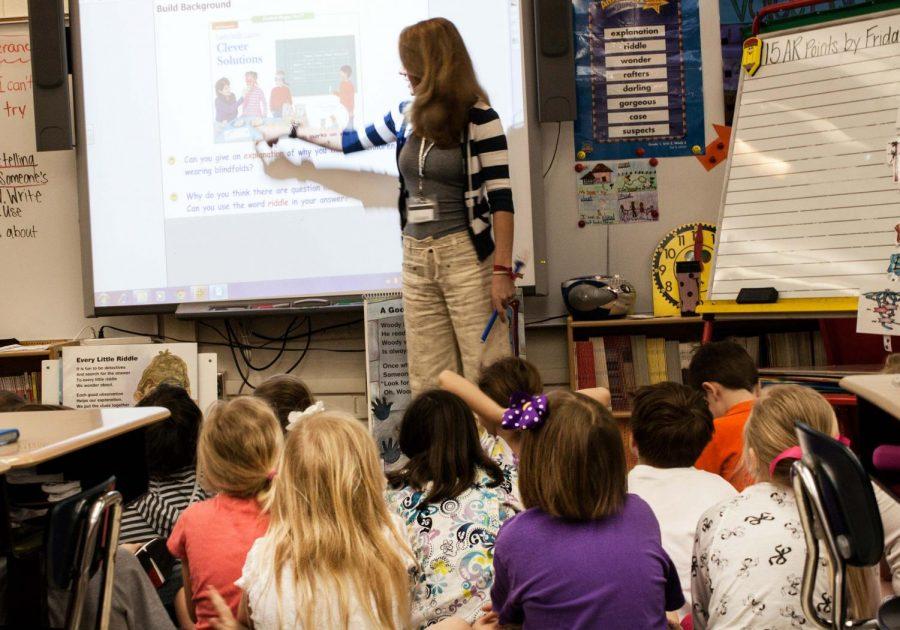Fate of Kilby secure for time being
April 18, 2013
The unrest about the fate of university-owned Kilby Laboratory School has been called off, at least for the time being.
Last May, UNA President Bill Cale announced the official commitment that UNA would continue to supply funding to Kilby. He also announced that Mary Maschal, director of Kilby School, and Donna Jacobs, dean of the college of education, were in the process of developing a plan to generate more funding.
As part of this plan, the UNA Board of Trustees approved June 11 the plan to charge a $500 yearly tuition fee per student, effective in the fall of 2012. Because of the fee, Kilby is generating more of its funds internally, requiring UNA to make a smaller financial contribution this year than in years past.
“The enrollment fee only generates $75,000 to $80,000,” said Donna Tipps, UNA controller.
Maschal said this fee is enough to pay for necessary classroom expenses, such as textbooks, consumables and paper, which are not paid for by UNA or by state-appropriated funds.
The enrollment fee does not seem to be turning parents away; in fact, it seems to be having the reverse effect on student enrollment.
“We have more kids than we’ve ever had before,” Maschal said. “(Parents) haven’t said anything negative. They’re just very happy that the school is here.”
UNA Communications Manager Jeremy Britten and his wife Christi will have four children enrolled at Kilby this fall, but he said he did not even consider switching schools when he found out about the enrollment fee.
“It’s unfortunate, but it’s definitely worth it,” he said. “My daughter is in Pre-K — she just turned 5 — and she’s reading just as good as my first grader is.”
Britten said paying the fee is worth the confidence it gives his family in Kilby’s doors staying open.
“We haven’t toured any other schools or anything because I guess we’re optimistic that Kilby is sticking around, but we have thought about that,” he said.
Carole Maynard, former president of Kilby PTO, said parents are fine with the tuition fee.
“Just from what I’ve heard, when the alternative was not having Kilby, they were perfectly happy to pay the $500,” she said.
While these funds do help with the budget situation, Kilby will continue to require income from UNA and the state.
“The Board approved for $125,000 from the university account to be put into the Kilby account as of Oct. 1,” Smith said.
This is a reduced amount compared to years past and will primarily go toward paying for teacher salaries.
“(Kilby is) still active with fundraising,” said Julie Graham, director of financial affairs. “They’re just not needing to put as much in now because of tuition.”
Kilby is gearing up to host its third annual 5K April 20 to raise money for its physical education department.
“It would be very difficult for Kilby to become self-sufficient,” Maynard said. “The state budget that we get only allots so much per student. The expectation that UNA would provide funding is a reasonable expectation since (Kilby is) officially a part of the university.”
This year, Kilby received $873,000 from the state through Lauderdale County. Kilby’s other source of income is a yearly Pre-K grant from the state.
This year, the amount appropriated was $92,700. These dollars fund Kilby’s cafeteria, its Child Development Center and its after school program.
Smith said he could envision the possibility of Kilby becoming financially independent but that making such a prediction would be premature.
“I’m sure later on if things improve that that’s a possibility, but that would be determined by the Board,” Smith said.












